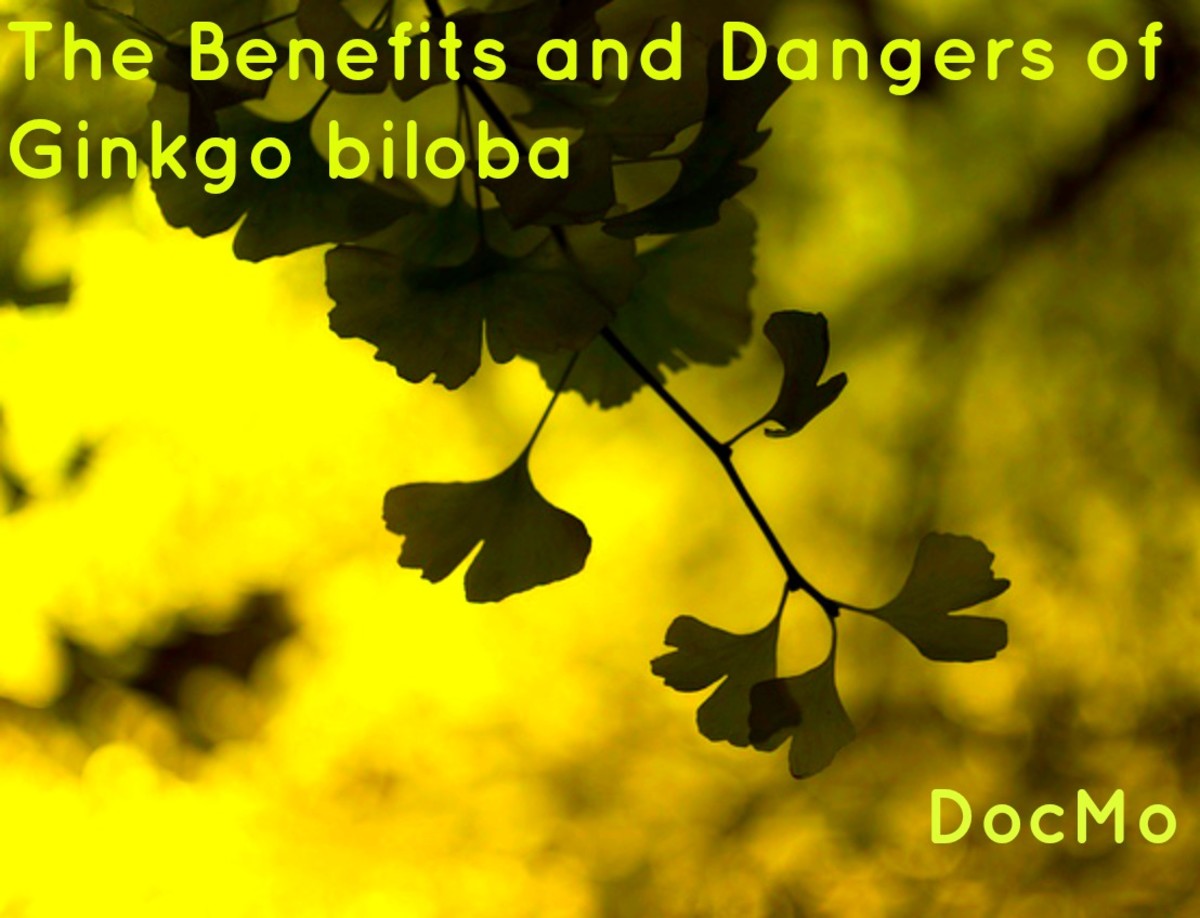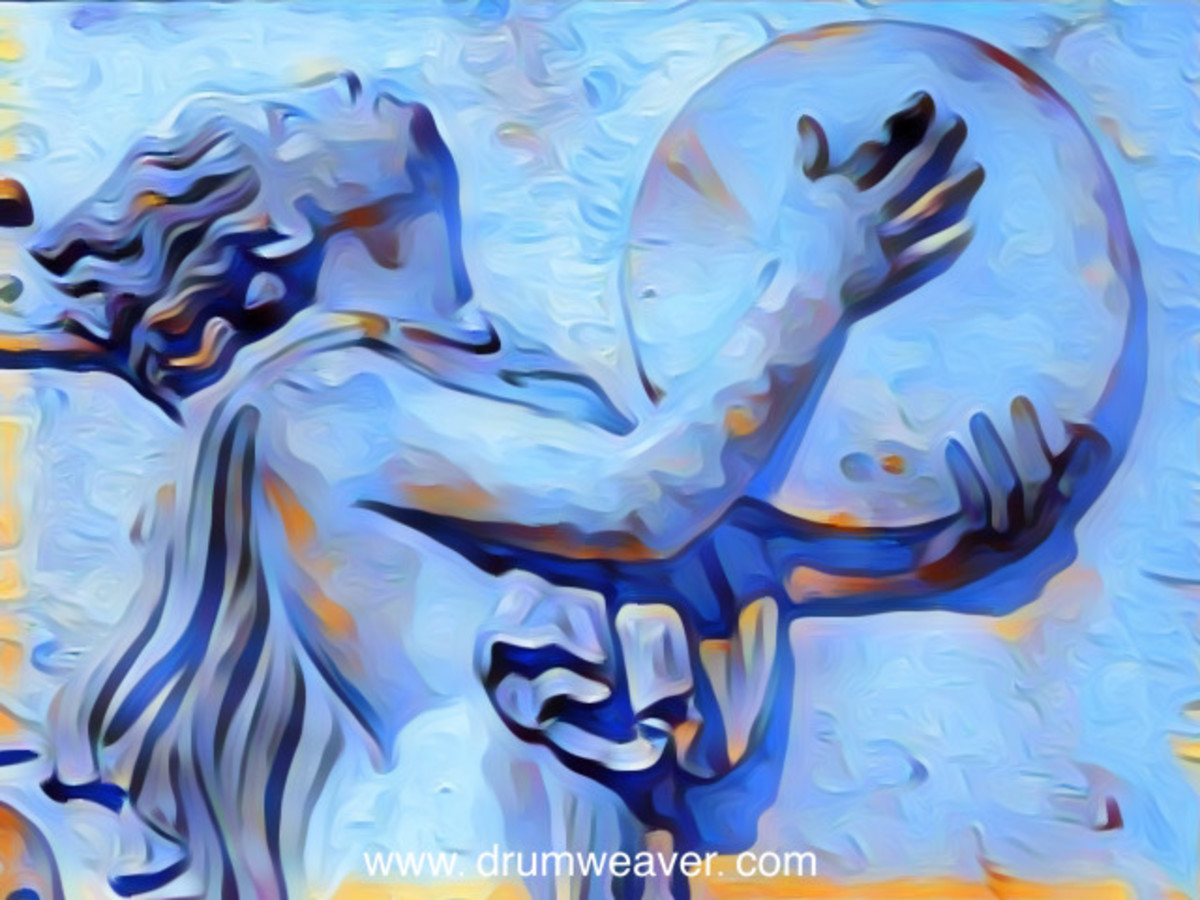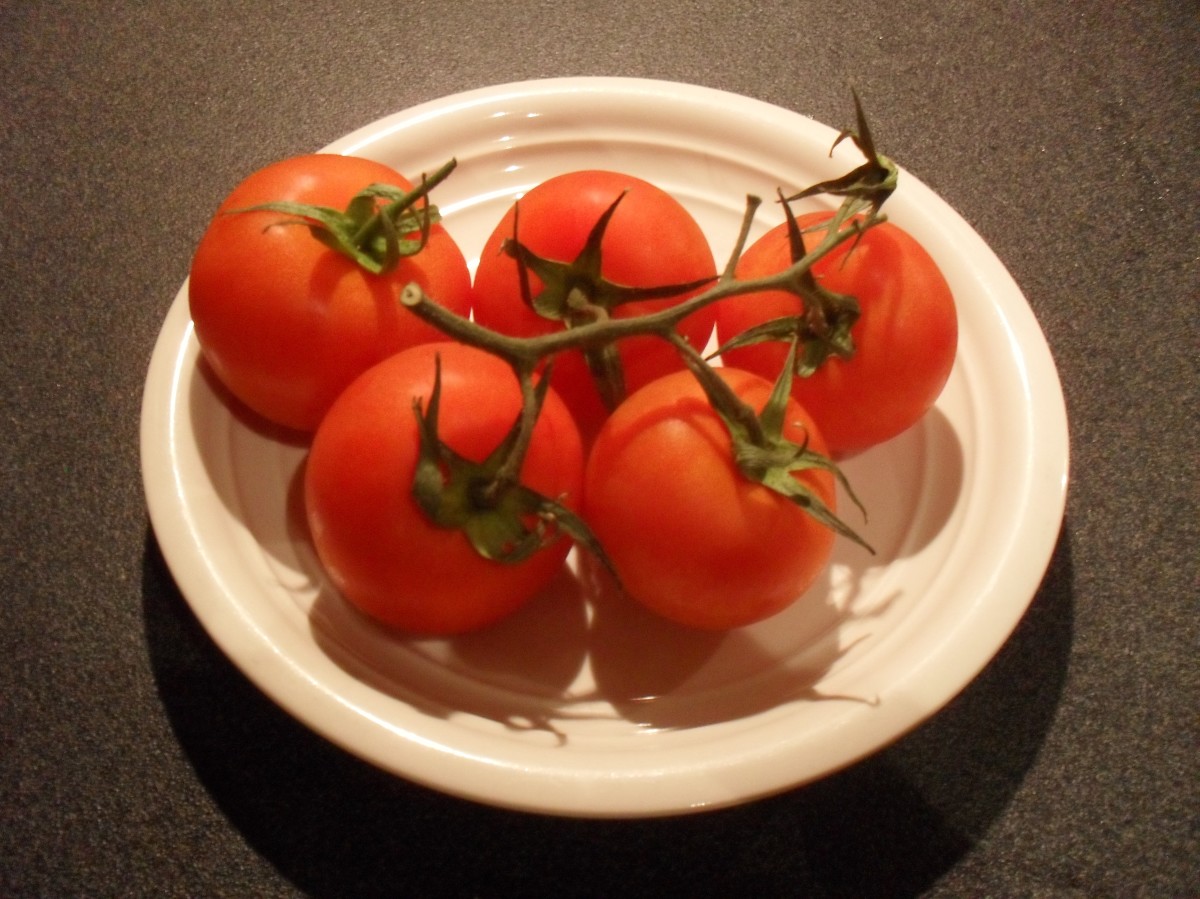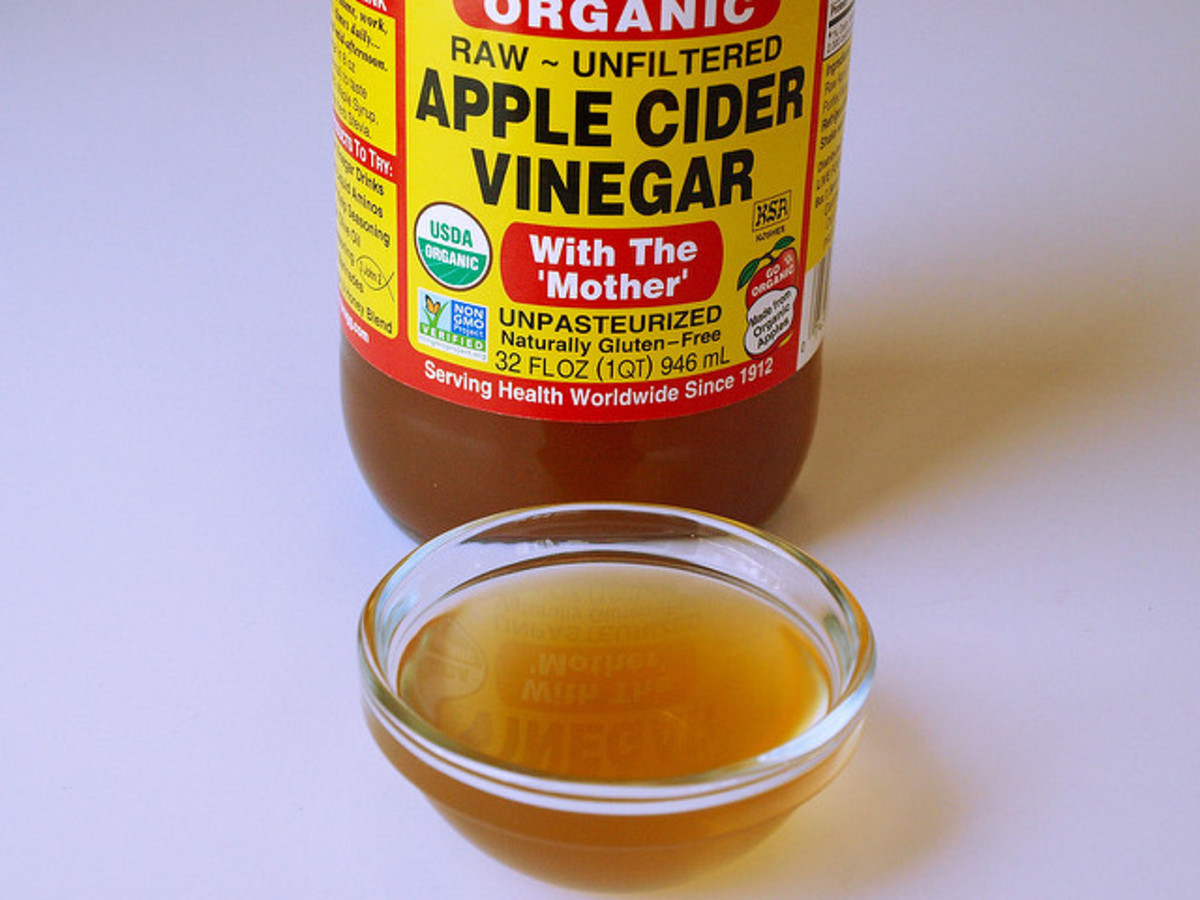Tips for Improving Memory; Improve Memory and Concentration With Natural Nootropics
How to Power-Up Your Brain With Nootropics
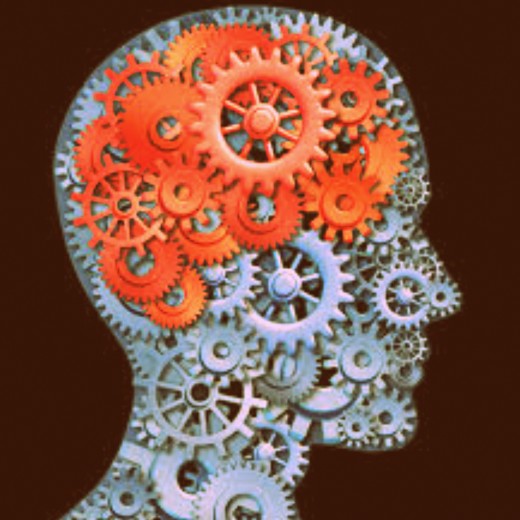
Chocolate as a Nootropic

Improving Memory Focus and Concentration
Some proponents of neuroenhancement speculate that it will soon become standard practice (Greely et al. 2008)
An informal study carried out by Nature, ( international weekly journal of science) in 2008, purely with the intention of encouraging debate, found that 1 in 5 readers stated that they had used drugs to stimulate their focus, concentration or memory. A UK study concluded that the public awareness of cognitive enhancers was extremely low, however; media coverage suggests that the use of brain enhancers are widespread, and there is a growing market for nootropics, or what has become known as smart or lifestyle drugs and supplements.
What are Nootropics?
Nootropics come from the Greek words "noos" meaning mind and "tropos" growing. The most common form of nootropics is known as racetams. Piracetam is the first racetam. It was synthesised as long ago as 1963 by a little-known chemist from Romania and is now a buzzword for students looking for help with study and examination.
Nootropics or smart drugs and supplements are cognitive enhancers that can improve blood flow to the brain, boost memory and help to improve focus, concentration, alertness and creativity. These substances act within the brain to revitalise and protect nerve cells from damage.
Memory loss may be anything from occasional forgetfulness to dementia. It can be mild, a form of distraction or lack of concentration when the body is overtired or not getting sufficient quality rest and sleep. Memory loss can also be a symptom of a severe condition that requires medical attention.
While memory loss occurs mostly in older people, it can also affect the younger brain, especially in study-related stress, and may well be one reason more healthy young students are using energy or caffeine loaded drinks. These types of drinks help to improve focus, alertness and concentration, a favourite with students looking to gain an edge; However, too much caffeine can lead to serious health problems.
A team of Swiss researchers found that many highly stressed students are using drugs like amphetamines and medications for the treatment of ADHD. The students are using these drugs to help improve examination results, but the brain can be enhanced by the use of natural nootropics.
Memory deficiency can occur when the nerve in the brain (neurons) and the neurotransmitter pathways that help to encode, store and retrieve memories are damaged.
The primary neurotransmitter associated with memory is acetylcholine. Drugs and supplements used to improve or enhance memory work by preventing damage to the brain, and by improving the acetylcholine pathways within the brain.
Nootropics are pharmaceuticals or natural herbal supplements that work by affecting the neurotransmitters in the brain. They act as vasodilators with the ability to improve blood flow and circulation, thereby, increasing the cerebral oxygen level. There are different types of nootropic drugs, the majority of people who take them report an improvement in memory, mood, concentration, motivation and reaction time.
For this article, we will be looking at some herbal nootropics and vitamins to improve brain function, memory, and performance. However, we must be mindful that sleep and adequate rest play a significant part in maintaining a healthy and active lifestyle.
A recent US study in the journal Science showed that the brain cells shrink during sleep to open gaps between the nerve cells or neurons to allow fluid to wash the brain clean, a function it can only perform during sleep. The researcher also suggests that failing to remove the toxic proteins may contribute to brain disorders. With its limited energy, the brain must choose between two functioning states, awake and aware or asleep and cleaning up. If we do not get good quality sleep, we do not achieve the functional state that allows the brain to get rid of the toxic substances that can damage its cells.
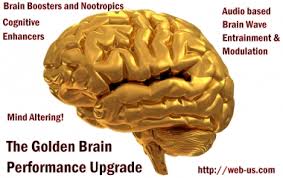
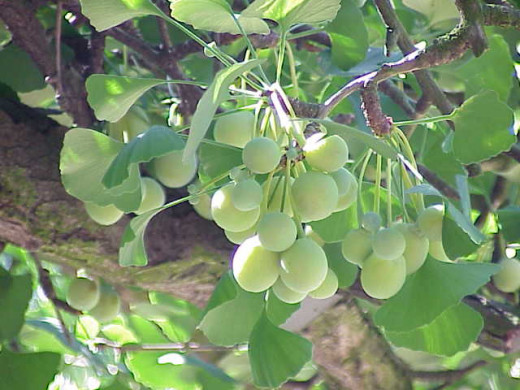
How to Increase Concentration Power Naturally
Ginkgo Biloba is said to be the first tree to grow in Hiroshima after the atomic bomb destroyed almost all other vegetation.
Charles Darwin in 1959 referred to the Ginkgo biloba tree as a “living fossil.” The oldest fossil record is over 200 million years old.
Ginkgo biloba Benefits (Maidenhair tree)
Ginkgo is a herb derived from the leaves of the Ginkgo biloba tree, a large deciduous tree renowned for its beauty, hardiness and resilience. The Ginkgo biloba tree is the world's oldest living tree species and is known to live for up to 1000 years. This ancient plant has been a firm favourite with landscapers worldwide. Ginkgo seeds were brought to Europe in the early 1700's and America later that century. It wasn't long before the beautiful old tree species would embellish city landscapes in the West where it continues to line many modern city streets like London and New York.
Common to Asia, Ginkgo biloba herb has a long and varied history. The Chinese have been using Ginkgo in their medicine for well over 5,000 years and described the herb as a remedy for asthma and bronchitis in 2600 BC. Ginkgo has been used in the treatment of certain eye conditions such as glaucoma and macular degeneration. Also in the treatment of sexual performance problems, and many more. Currently, Ginkgo biloba is taken primarily to improve memory and concentration, also to strengthen brain functioning, and to improve blood circulation.
The Ginkgo nuts were documented in Japanese textbooks since 1492 and used at weddings and tea ceremonies as sweets and desserts. Ginkgo is known the world over and is said to be the most widely used herbal treatment for brain enhancement.
Although many components from Ginkgo biloba were identified and isolated, only two are believed to be responsible for the many health benefits attributed to this remarkable plant, flavonoids and terpenoids.
Flavonoids are potent plant-based antioxidants, shown to protect the brain, nerves, heart muscles, blood vessels, and retina from damage. They also help to prevent some form of cancers. Flavonoids can be found in blueberries, bilberry, chocolate and green tea. Vegetables known to be high in flavonoids include broccoli, kale, spring onions, hot peppers, spinach and watercress.
Terpenoids, also known as Isoprenoids are a large and diverse class of naturally occurring organic chemicals present in all types of living organisms and are the most widespread group of natural product.
Plant terpenoids play a role in traditional herbal remedies. Researchers are currently studying them for evidence of antibacterial and other pharmaceutical benefits.
Terpenoids are the main building block of any plant resin or essential oil. They are responsible for the pleasant aroma and flavour of herbs, and aromatic plants such as mint, basil oregano, sage and rosemary, and the compound found in cannabis, they are the reason sniffer dogs can detect the drug.
Terpenoids help blood flow by dilating the blood vessels and reducing the stickiness of platelets. The natural health benefits of Ginkgo has been widely studied and recognised by traditional medical practitioners.
Ginkgo has been used to treat circulation disorders and to enhance memory. However, studies have yet to show whether ginkgo can reduce the risk of progression to Alzheimer's disease. The best results from Ginkgo are seen only after long-term use.
Conditions that may benefit from Ginkgo biloba include:
-
Raynaud's disease
-
Alzheimer's disease and dementia
-
Intermittent Claudication
-
Blood pressure
-
Children with ADHD
-
Glaucoma
-
Memory impairment
-
Macular Degeneration
-
Tinnitus
-
Anxiety
-
Asthma
-
Altitude sickness
-
Insomnia
Ginkgo is known to interact with some medication. Therefore, before taking this supplement, discuss it with your doctor or healthcare provider.
The Mayo Clinic Finds Ginseng helps fatigue syndrome in cancer Patients
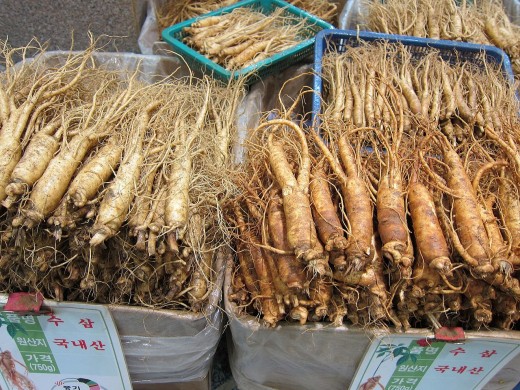
Natural Brain Enhancers
Ginseng
Panax or Asian ginseng, and Panax quinquefolius or American ginseng are the most effective types of ginseng used in herbal or traditional medicine. Ginseng is an adaptogen, it contains properties that are capable of protecting the body from stress, both mental and physical, and helps in the return to normal functioning.
Often referred to as true ginseng, this herb contains a group of phytochemicals known as ginsenosides or panaxosides that are shown in different studies to improve memory, especially spatial memory (how the brain stores information about the environment that surrounds us, and the location of physical objects in space). The two subtypes of ginsenosides work by increasing neural activities particularly in parts of the brain that control memory, and also increases acetylcholine concentration in the brain.
Gotu Kola is a perennial creeping plant that is also an adaptogen; it helps the body to cope with stress by reducing the levels of stress hormones and by calming rapid firing neurons in the brain. Traditionally used as a brain tonic, Gotu kola has a potent nootropic effect when taken to improve memory and cognition, particularly in the elderly.
Gotu Kola is used in the US in the treatment of varicose veins or cellulitis. In Ayurvedic medicine, Gotu kola is used for anxiety and is said to develop the crown chakra or energy centre at the top of the head. In India, this rejuvenative nervine medicine is regarded as, possibly the most spiritual of all herbs and is known as a promoter of long life. The herb is often used by yogis to improve their meditation. Gotu Kola is an important herb used in Ayurvedic Medicine since the Sri Lankans first notice that elephants, known for their longevity and extensive memory capacity, would happily feed on the plant's leaves.
Green tea is an excellent source of antioxidants; it contains healthy medicinal phytochemicals such as epigallocatechin gallate or EGCG which protects the cells of the brain from damage, this is done by neutralising reactive oxygen species ( ROS) and by removing free radicals. (ROS is chemically reactive molecules containing oxygen, a by-product of normal metabolism)
Recent research suggests that this antioxidant can also promote neurogenesis, the growth, and development of nervous tissue.
Green tea is one of the most studied substances to date and is believed to be able to enhance memory in several ways. Its phytochemicals can increase the activities of the neurotransmitter acetylcholine by blocking or inhibiting acetylcholinesterase, an enzyme that breaks down acetylcholine in brain synapses. Thereby increasing the level and duration of the action of acetylcholine to improve brain function.
Green tea is credited with many health-enhancing qualities, from weight loss to cancer prevention. However, the research evidence is often found to be weak and contradictory.
Bacopa or Brahmi is an Indian aquatic herb belonging to the family Plantaginaceae and is commonly referred to as Water-hyssop, it has been used in traditional Ayurveda medicine for hundreds of years. This potent antioxidant herb is used in the treatment of memory decline, inflammation, pain, pyrexia, epilepsy and in the management of neurodegenerative disorders. This herb has been shown to reduce the buildup of beta-amyloid plaques on parts of the brain. Bacopa is believed to provide specific antioxidant protection to the part of the brain known to control memory, the hippocampus.
Swinburne University Canada, published a review of 10 years of research in 2013, examining the cognitive effects of Bacopa and specifically an extract of the herb (CDRl 08: KeenMind), they found that test results suggested that the extract improved cognitive function acutely, but further research was proposed.
The report also found that the acute effects of the extract, may include direct neurotransmitter changes, like an increase in blood flow or increases in energy metabolism, other mechanisms are likely to happen over a longer period.
Huperzia Serrata is a natural nootropic that is native to India and Southeast Asia. This unique herb has been used in Chinese medicine for centuries for treating conditions such as inflammation and fever. Huperzia Serrata contains the active ingredient Huperzine A, an alkaloid that can easily cross the blood-brain barrier and is now commonly used as an over-the-counter nootropic and dietary supplement. This phytochemical is currently undergoing clinical trials as a possible treatment for Alzheimer's disease. Huperzine A protects the brain from damage caused by beta-amyloid proteins and glutamate.
Caffeine study done in Finland in 2009 found that people who consume three to five cups of coffee per day had a 65% less risk of dementia and Alzheimer's. However, since too much caffeine can have a detrimental effect on sleep, caffeine should be taken in moderation and earlier rather than late in the day.
Ashwagandha (Withania somnifera) is another herb used in Ayurvedic medicine and known for its ability to enhance memory and improve brain function. Research performed on mice are encouraging, but more studies are needed.
Blueberries, strawberries, walnuts, and grape juice can decrease vulnerability to oxidative stress that comes with ageing, resulting in enhancement of brain nerve communication through increased nerve or neural signalling and decrease in stress signals.
The collaborative research found that blueberry or grape juice supplements will increase verbal memory performance in people with mild cognitive impairment. These findings suggest that a greater intake of foods high in antioxidants such as berries, walnuts and grapes may be able to increase health and longevity and enhance brain and motor functioning as we age.
Vinpocetine is an alkaloid isolated from the periwinkle plant; it helps to protect the brain and improve memory by increasing blood flow. Although Vinpocetine is semi-synthetic, it is seen as natural, because of its source.
In some countries, Vinpocetine is prescribed for the treatment of Alzheimer's, Parkinson's and Dementia. Studies on Vinpocetine and its effects on memory have shown great results but was said to be inconclusive.
vinpocetine for memory, learning and focus

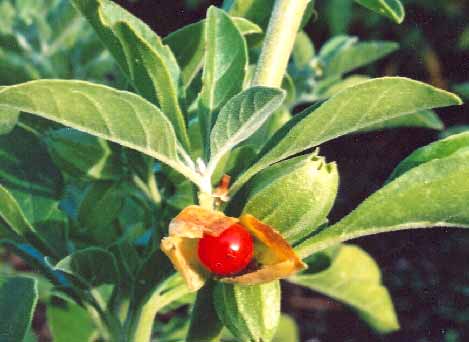
Herbal Nootropic St John's Wort
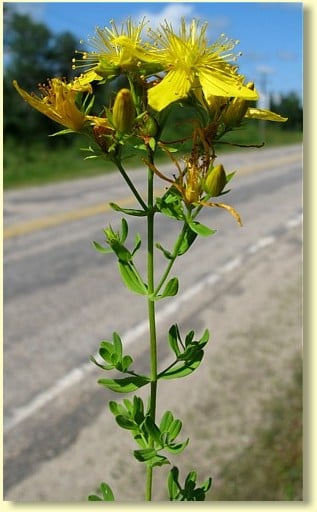
Brain performance enhancement
What do you think about the use of drugs and supplements for brain enhancement?
Vitamin to Help Enhance Memory
Vitamins to Enhance Memory
Vitamin B works to reduce homocysteine levels, an excess of homocysteine are shown to cause cognitive impairment.
Omega-3 is essential for the function and growth of nerve tissue.
Vitamin D may have positive effects on cognitive function, found to be necessary for the production of dopamine.
Vitamin E can protect neurons from injury caused by free radicals.
Minerals
Magnesium
Selenium
Calcium
Iron
Zinc
Conclusion
Some nootropics are basic nutrients and dietary supplements and are not considered harmful when taken as directed. However, like any supplement too much can be detrimental to health. Always consult your doctor before taking these or any other supplements and medication. The Information in this hub is for educational purposes only; it is not intended as a substitute for medical advice or care. Always do your research.

